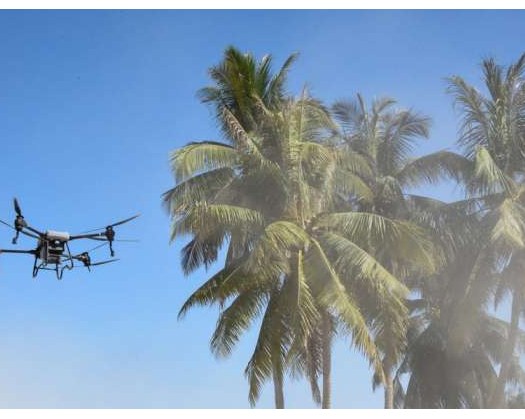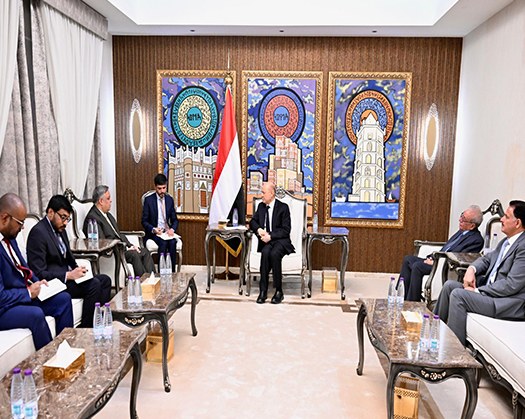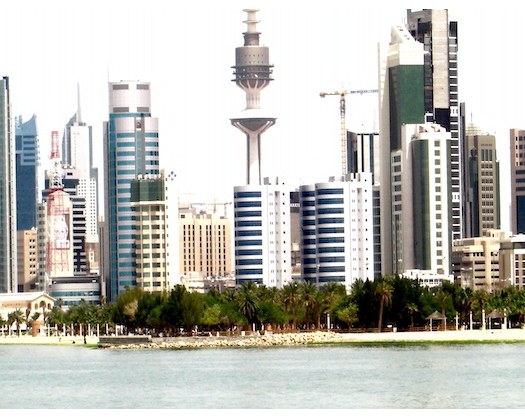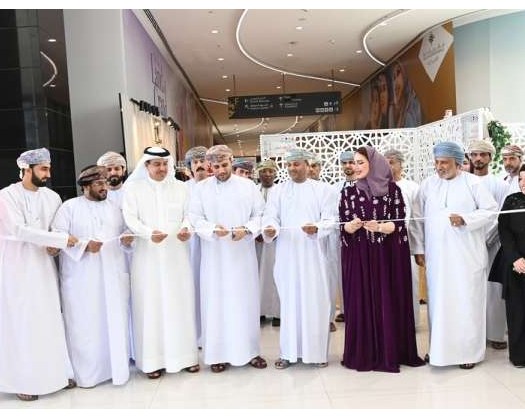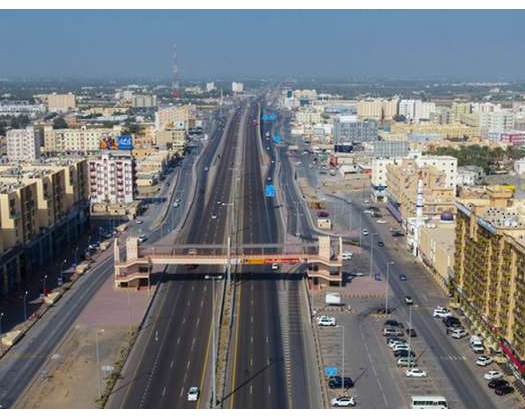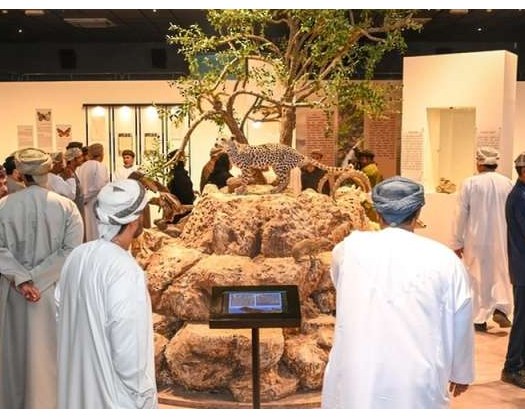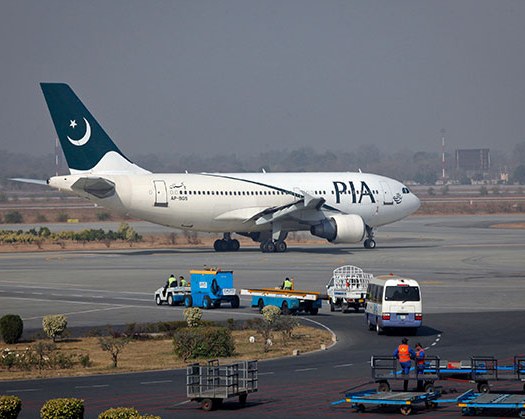Muscat: The Sultanate of Oman's agricultural sector is undergoing a substantial transition toward the adoption of innovation and technology to improve food security and environmental sustainability, consistent with Oman Vision 2040.
Innovative agricultural technology, artificial intelligence, and biotechnology are some of the most promising instruments for increasing agricultural productivity, reducing waste, and promoting environmental sustainability. The development of sophisticated resource management technologies, as well as the use of current farming strategies like vertical and precision agriculture, provide new prospects for guaranteeing long-term and safe food supply.
Investing in innovative solutions is a strategic requirement for ensuring a food-safe future for future generations, not a luxury. Innovation transforms challenges into possibilities, resulting in a significant change in the manner in which food is created, distributed, and consumed.
Amid increasing global concerns—climate change, limited natural resources, and quick population growth—food security has emerged as a critical issue impacting the lives of millions. Traditional food production and distribution approaches are insufficient to cope with these difficulties, hence new solutions capable of fundamentally transforming the global food system are required.
In this setting, the Ministry of Agriculture, Fisheries, and Water Resources supports agricultural innovations to improve food security in Oman. This is accomplished through various programs, including agricultural extension on current farming practices and sustainability, as well as smart and organic farming.
The government is undertaking an integrated agriculture project that offers technological and financial help to small businesses with new ideas. In addition, the Agricultural and Fisheries Development Fund provides finance and financial support schemes, as well as awareness campaigns on agricultural marketing using digital channels and agricultural exhibitions.
According to the ministry, it is working on agricultural development and research programs in partnership with universities and research institutions, while also promoting the use of the Internet of Things (IoT) in farms.
The ministry, through agricultural research institutes, stated that a number of plans and programs are being implemented to stimulate innovation in a variety of sectors, including crop improvement, contemporary irrigation methods, smart farming, and seedling development via tissue culture. It also works with international organizations such as the Arab Organization for Agricultural Development (AOAD) and the Food and Agriculture Organization (FAO) to implement current irrigation methods for water conservation, smart irrigation based on plant needs, and the reuse of treated water in agriculture.
The ministry underlined the significance of smart farming and digitisation for disease forecasting and output development via artificial intelligence. It emphasized the importance of biotechnology and nanotechnology research in improving crop resistance to illnesses and climate change.
The ministry emphasized legislation that promotes agricultural innovation and the creation of enterprises based on sophisticated agricultural technology, such as the Intellectual Property Protection Law (Patents), which encourages researchers, farmers, and innovators to register their inventions in agricultural technology, biofertilizers, and modern irrigation systems.
Agricultural businesses are exempt from income tax for five to ten years, and imports of modern agricultural technologies, such as smart sensors and soilless farming (hydroponics), are free of customs charges. Furthermore, the law encourages investment in the agricultural sector and simplifies licensing processes for projects using renewable energy and agricultural technology.
The department encourages farmers to practice organic agriculture by providing certification, and it supports the use of biological control methods to limit chemical use. It also runs innovation support programs in collaboration with the commercial sector, encouraging businesses to build experimental smart farms and funding solar-powered water desalination projects to promote sustainable irrigation.
Regarding private sector engagement, the ministry emphasized the importance of developing connections between research institutions and agricultural businesses to generate creative solutions that address market needs and promote food security. The Tatweer platform provides a variety of investment options that need projects to use current technology. The ministry has also opened the Suggest Your Project window on the platform to solicit offers from investors interested in starting unique and creative projects that fulfill certain requirements, such as organic farming, research projects, and value-added agroprocessing projects.
In a follow-up from Oman News Agency (ONA) involving several student innovators, a research study conducted by a team from Sultan Qaboos University demonstrated the high efficacy of the Harmal plant (Peganum harmala) in treating agricultural fungus that cause crop illnesses, highlighting its potential to support food security efforts and promote sustainable agriculture in Oman.
The study, supervised by researchers Buthaina Harith Al Busaidi and Dhia Ibrahim Al Rashdi, discovered that Harmal plant extracts effectively inhibit the growth of deadly fungi, including Rhizoctonia solani, a leading cause of root rot in crops, particularly vegetables and legumes.
The research team discovered that Harmal's active components, such as harmine and harmaline, have antifungal and antibacterial qualities, which eliminates the need for chemical insecticides and makes Harmal an ecologically safe and effective alternative for plant disease control.
The team stated that the study is a promising step toward using local flora to boost national food security and give natural, sustainable solutions for Omani farmers without damaging the environment or endangering food safety. It symbolizes a significant advancement in utilizing local medicinal plants to create long-term environmental solutions that promote the green economy while boosting agricultural output without harming soil or human health.
As part of the study's practical application, the two researchers devised an effective solution based on Harmal, which proved to be extremely effective in suppressing pathogenic fungus in actual experiments. This creates new prospects for research and business cooperation in biological control, as well as promoting the use of high-value local technologies to attain long-term food and environmental security.
Specialized research organizations, in collaboration with Sultan Qaboos University, are investigating the potential of creating natural agricultural goods from Harmal to help national agriculture and environmental sustainability goals.
Meanwhile, Hawra Rashid Al Omrani, an innovator at the University of A'Sharqiyah, described AZDARA as an innovative firm that creates organic pesticides and fertilizers. It provides a product that blends organic pesticide and fertilizer in a biodegradable smart soil pack made entirely of natural materials. After the organic insecticide is gone, the package is buried beneath the plant and breaks down slowly to enrich the soil, resulting in a circular and effective environmental solution for sustainable farming.
She said that the business is developing a product based on organic animal shampoo, which acts as a safe and effective pesticide for harmful insects while also improving animal skin health without causing environmental damage.
AZDARA's solutions help to food security by reducing reliance on hazardous compounds that pollute soil and water. They also improve crop quality by providing natural soil nutrition and supporting the sustainability of local agricultural production with easy-to-use organic solutions, in addition to promoting the health of animals that are part of the food chain.
She emphasized that the company's vision corresponds with Oman Vision 2040's priority areas of food and water security—by offering sustainable agricultural solutions that improve food quality and conserve resources—and environmental sustainability—through products that encourage green farming practices and reduce pollution. It also supports economic development by encouraging local innovation and giving exportable organic commodities, as well as health and quality of life by supplying natural solutions that limit chemical exposure in food and the environment.
The Smart Agriculture Cultivator (SAG 1) was developed by Omar Fathil Al Dar'ee, an innovator from the University of Technology and Applied Sciences in Ibri. It is equipped with sensors that monitor soil while in motion, measuring moisture, pH, temperature, and nutrients.
He stated that the system displays warnings on a tiny screen or via an app when difficulties such as salinity or nutrient deficits are detected. It has mechanical tillage blades linked to a smart conveyor belt system that removes stones, weeds, and plastic from the soil and deposits them in a rear container. The device operates automatically when contaminants are identified, and it includes an app that shows current soil analysis data and audio/visual alerts for soil problems.

